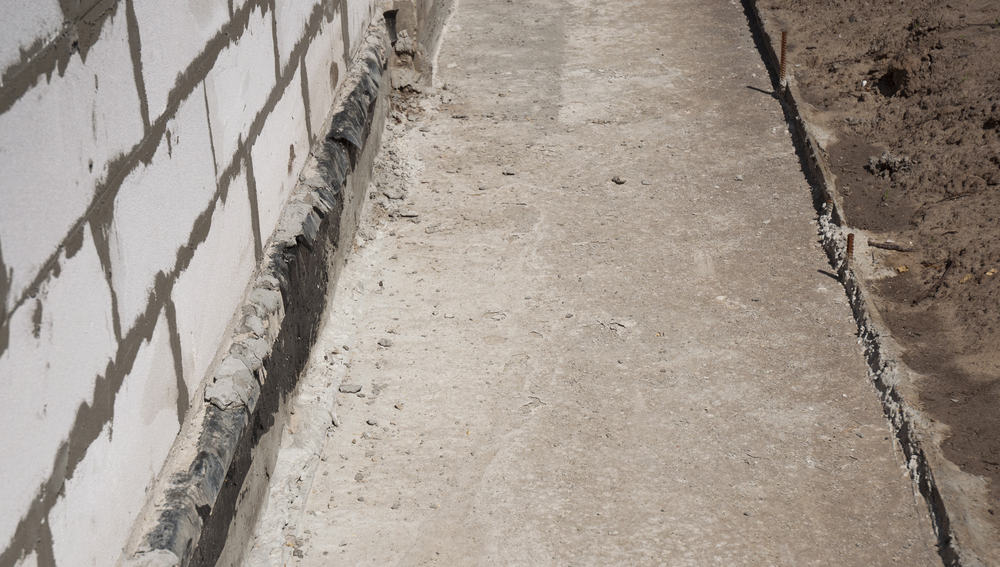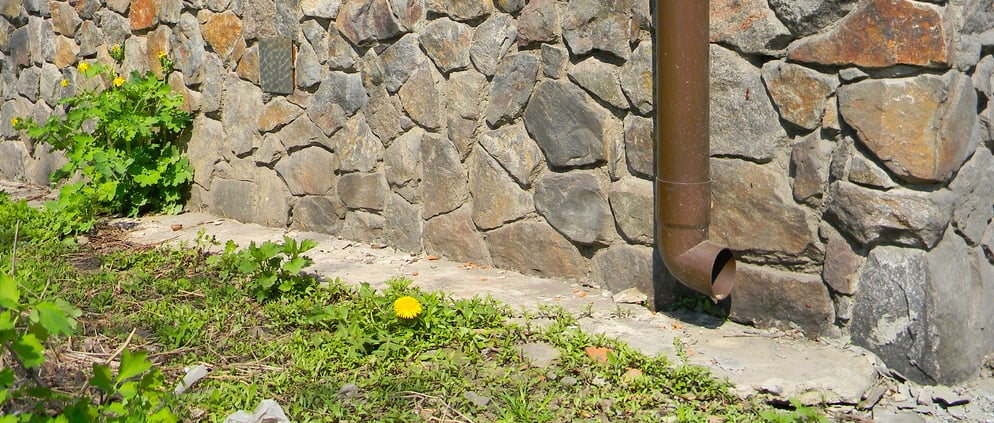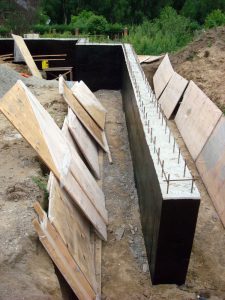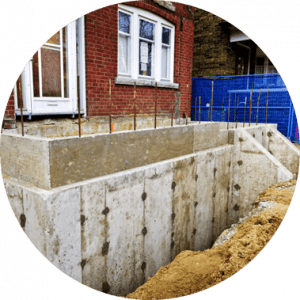How to Avoid Needing Residential Foundation Waterproofing Repair Services
As a homeowner, it’s important to be aware of potential problems with your home and take the steps needed to prevent them. One such problem is water damage to your foundation, which gets fixed through waterproofing repair services. However, there are some things you can do yourself to help avoid this issue altogether, or at least not allow it to worsen between service calls.
Preventing foundation damage saves you time, money, and the frustration of needing to hire a company to complete repairs for you. When you take precautionary measures to protect your foundation, amazing things happen. You experience fewer preventable problems and have more money available to improve other things about your property. You address the issue quickly and successfully, making it less of a liability for you and your family.
Learn About Your Home’s Foundation and How to Spot Potential Issues with It
The foundation is among the most important parts of your home. It’s something that you should learn more about taking care of as a homeowner. When you can examine the foundation and spot potential problems, you can call a professional faster to get things taken care of successfully. The waterproofing company does its part to address the issue and offer solutions that physically and financially meet your needs.
Some signs that you have problems with your foundation include:
- Cracks. They’re visible in the foundation, floors, and walls.
- Doors that stick or don’t open well. If you didn’t experience the problem previously, it’s likely a foundation issue.
- Foundation sinking or settling. You can see where the ground has shifted, causing the foundation to sink or settle where it wasn’t before.
- Gaps around window frames and doors. Things are visibly off-balance.
- Floors that sag or become uneven. You can feel where the foundation shifted.
Too much standing water on the ground near your foundation can be problematic. There are ways to address the issue successfully. It may involve rethinking your landscaping, but it’s possible. The next section addresses the things you can do to prevent water damage.
Do Your Part to Prevent Water Damage
Proper drainage makes all the difference in how well your home’s foundation stands up over time. Investing in professional landscaping services can make it easier for you to care for your yard while preventing water from causing erosion and making your foundation shift. You must do everything in your power to waterproof your home in every way, from the plants you grow to the way you decorate your yard.
Look for Damage and Leaks While Examining Your Foundation
If you see physical signs of damage, it’s time to contact a foundation waterproofing repair service. They’ll thoroughly inspect the structure to see what they can do to stop the problem from worsening. If the foundation shifts, it can cause the entire structure to become unstable and dangerous to be inside.
Keep Gutters and Downspouts Clean
It’s a way to protect your home from the aftermath of heavy rainfall and snowfall. When the water runs through the gutters and downspouts, it gets led away from the home. You won’t have water accumulation on the roof or near the foundation, where it can cause a threat to your property. Investing in the services that keep your home and family protected at all times is worth every penny that you spend on it.
Contact a Professional for a Thorough Inspection of Your Foundation
You must seek the help of a knowledgeable and skilled professional who knows what to do to fix your foundation. The foundation waterproofing repair company goes the extra mile to ensure your satisfaction. They want to make sure that your foundation has no flaws so you can continue to protect it long-term. Foundation repairs drain a budget relatively quickly.
There are many things you can do to protect your home’s foundation. The more aware you are of the potential problems it can experience, the better you are to recognize an issue that needs a professional to address. Teaming up with a company that does foundation waterproofing repair is highly beneficial. It allows you to address problems with your home before they have a chance to worsen and cost you a greater expense.
Protect Your Home’s Foundation with Waterproofing Services from Us
Taking care of your home’s foundation is important if you want to protect your investment and keep your family safe. That’s why it’s crucial to know what to look for and how to take steps to prevent water damage. If you notice any signs of damage or leaks, don’t hesitate to contact a professional.
Raleigh Waterproofing inspects your foundation and takes the necessary steps to waterproof it. Protect your home from water damage by scheduling an appointment today! One phone call is all it takes to keep your foundation from future incidents. Reach out to us today to discuss your needs for assistance with us.







